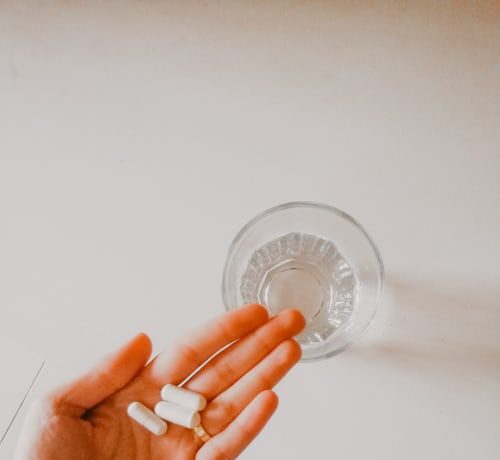What precisely do we mean when we talk about nutritional supplements?
A person’s “dietary supplement” is defined as any product that is intended to be consumed in addition to one’s normal diet and contains an “ingredient in the diet.” It’s possible that these ingredients are composed of one or more of the following components:
* Vitamins (like vitamin B, D and E)
* Minerals (like calcium, iron, zinc)
* A diverse range of botanicals, including a selection of plants (like ginseng, garlic)
* Amino acids
* Ingredients that aren’t often used, such glucosamine, probiotics, and fish oils
Dietary supplements are available in a wide variety of formats, some of which include tablets, capsules, and powders. Other formats include drinks and energy bars. Most people who take dietary supplements do so under the mistaken impression that doing so will increase their levels of energy, maintain their strength, improve their performance, keep them healthy, and prevent them from suffering from nutritional deficiencies. However, none of these claims are supported by scientific evidence. Visit glutathione for more information.

Do you require a dietary supplement?
If the food that a woman eats daily is not sufficient to offer all the nutritional requirements that she requires, then she may find that she must take nutritional supplements. This is one scenario in which this may be the case. However, pills and tablets are not an adequate replacement for a wholesome and well-balanced meal; a diet should be the primary source of nutrition. Because of this, it is imperative that one consumes a diet that is rich in fruits and vegetables to the greatest extent possible.Individuals who fall into one of the following groups may find that taking nutritional supplements is beneficial to them:
* People who lower their daily caloric intake to fewer than 1,600 calories
* Women who are either expecting a child or are currently nursing a child
* Those who have had menopause as well as women who have particularly heavy periods
* Regular bouts of diarrhoea
* Sensitivities to food, including food allergies and intolerances to specific foods
* Those who follow a vegan diet, in which no goods derived from animals are consumed in any form (this includes dairy products), as well as anybody else who abstains from eating a certain category of foods.

When utilized for the treatment of certain health conditions and the maintenance of overall health, there is clear scientific evidence proving that specific dietary supplements are beneficial. Folic acid, for example, reduces the risk of a woman giving birth to a child who is born with a congenital defect. As a result, women who are thinking about becoming pregnant should take folic acid. Calcium and vitamin D are two minerals that postmenopausal women must need to keep their bones healthy and to reduce the rate of bone loss that occurs after menopause.
What additional kinds of multivitamin and mineral supplements are available to pick from besides those already mentioned?The multivitamin combinations that are used most commonly are those that are fundamental and taken once a day.





